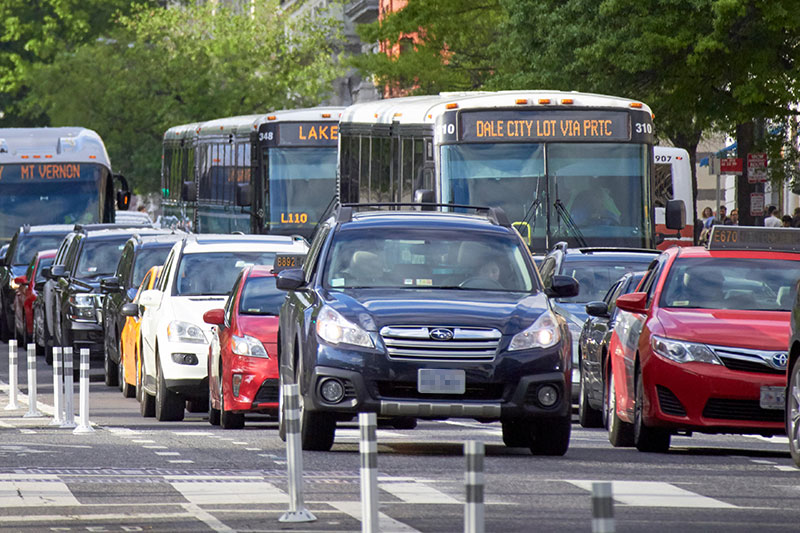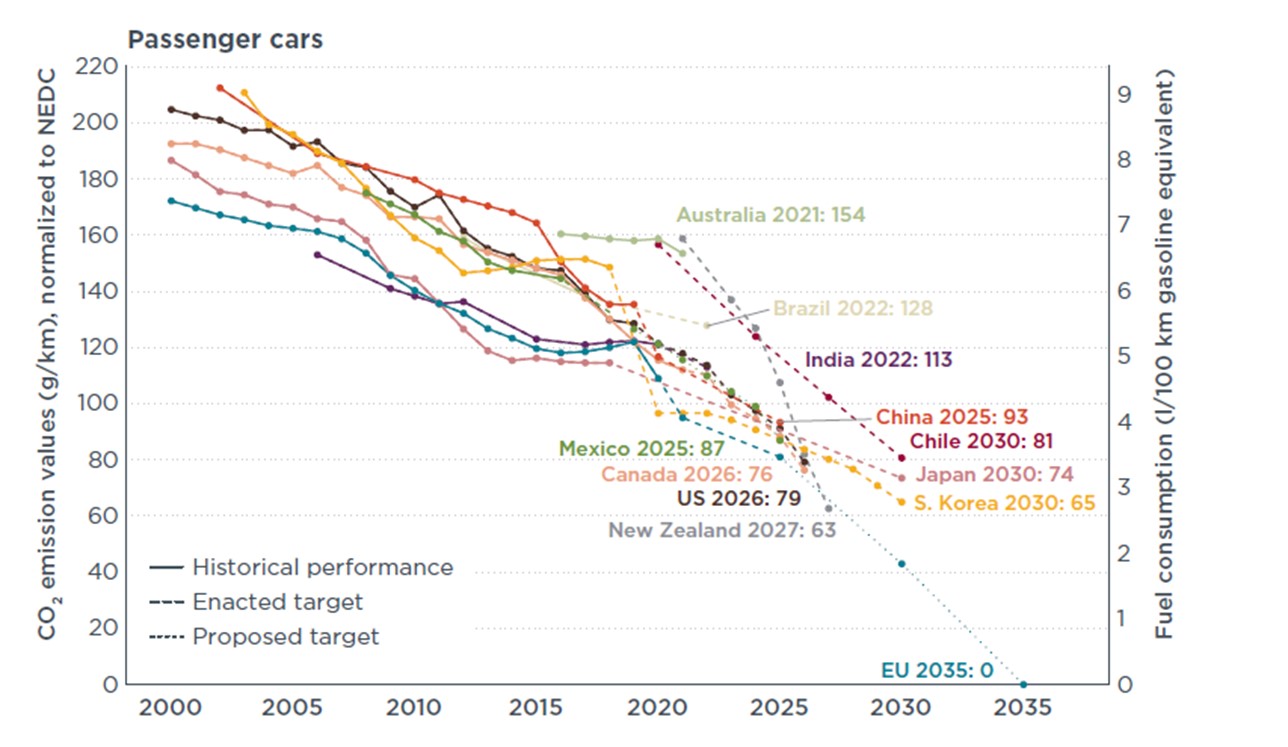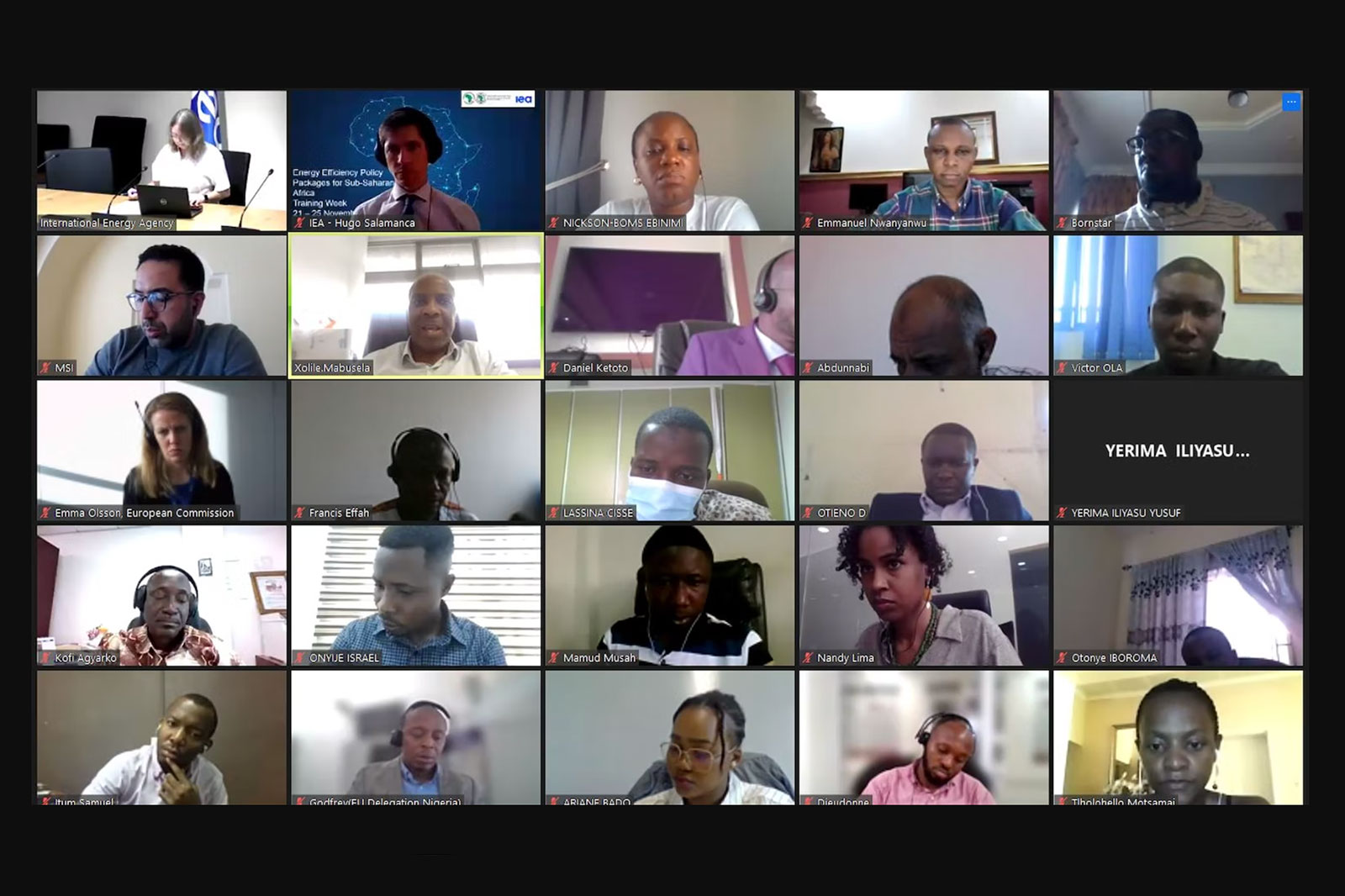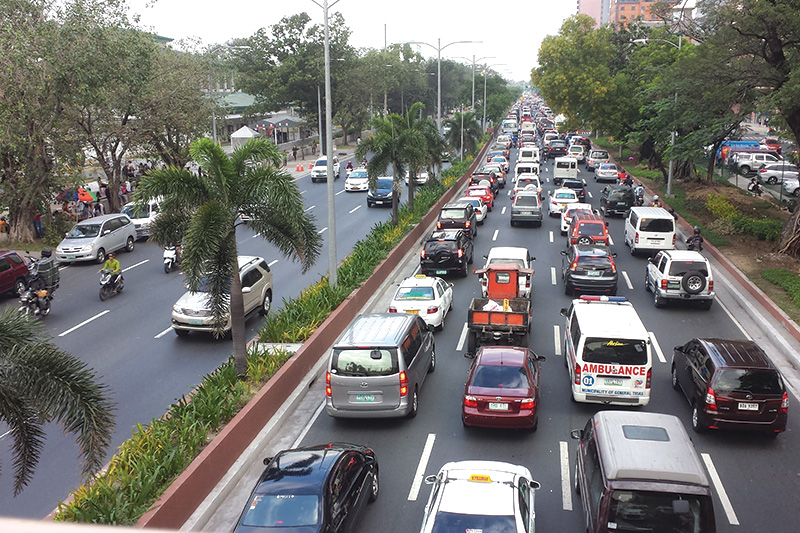Mauritius hosts Southern Africa fuel economy workshop
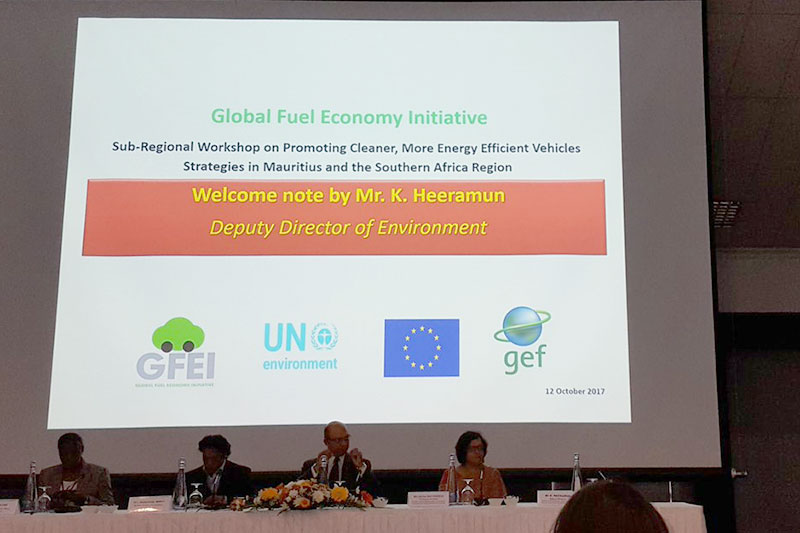
On 11th and 12th October 2017, Mauritius hosted a two day workshop focusing on policies for cleaner and more energy efficient vehicles. The event, held in the town of Balaclava in Mauritius brought together around 80 participants, including local policymakers and experts from across the Southern Africa sub-region. The event was organised by UN Environment on behalf of the Global Fuel Economy Initiative (GFEI), with support from the European Commission and Global Environment Fund.
The event was opened by Mr Etienne Sinatambou, the Minister of Social Security, National Solidarity, and Environment and Sustainable Development. He stated that the protection of environment stands high on Government's agenda and said relentless efforts are being made to tackle pollution and climate change in Mauritius.
Minister of Public Infrastructure and Land Transport, Mr Nandcoomar Bodha explained how Mauritius’ Intended Nationally Determined Contributions, submitted to the United Nations Conference on Climate Change in Paris in 2015, set out Mauritius's plans to significantly increase green energy production and reduce emissions. He reiterated that it is vital to come up with mitigation strategies and action plans to achieve a cleaner, greener and safer Mauritius.
With GFEI’s support, the average fuel economy of Mauritius’s vehicle fleet has improved from 7l/100km in 2005 to 5.8 l/Km in 2014, in part due to a ‘feebate’ tax system based on a set CO2 threshold. Rebates were granted for vehicles with CO2 emissions below the threshold and a levy charged for CO2 emissions above the threshold.
GFEI is currently supporting Mauritius to review and set out modalities to operationalize policy recommendations for the promotion of cleaner, more fuel efficient vehicles imports. The country has established 6 technical working groups covering issues including data, consumer information and labelling, enforcement, and fiscal incentives, who shared their findings at the workshop. The proposals and recommendations are expected to be presented to the government by the end of the year.
Representatives from countries from across Africa also had the opportunity to share their experiences of establishing fuel economy policies at the workshop, including South Africa, Kenya, and Cote D’Ivoire. By sharing such learning, GFEI is helping policy makers understand how fuel economy policies work in practice in order to help replicate the most effective schemes to improve vehicle efficiency across the region.




